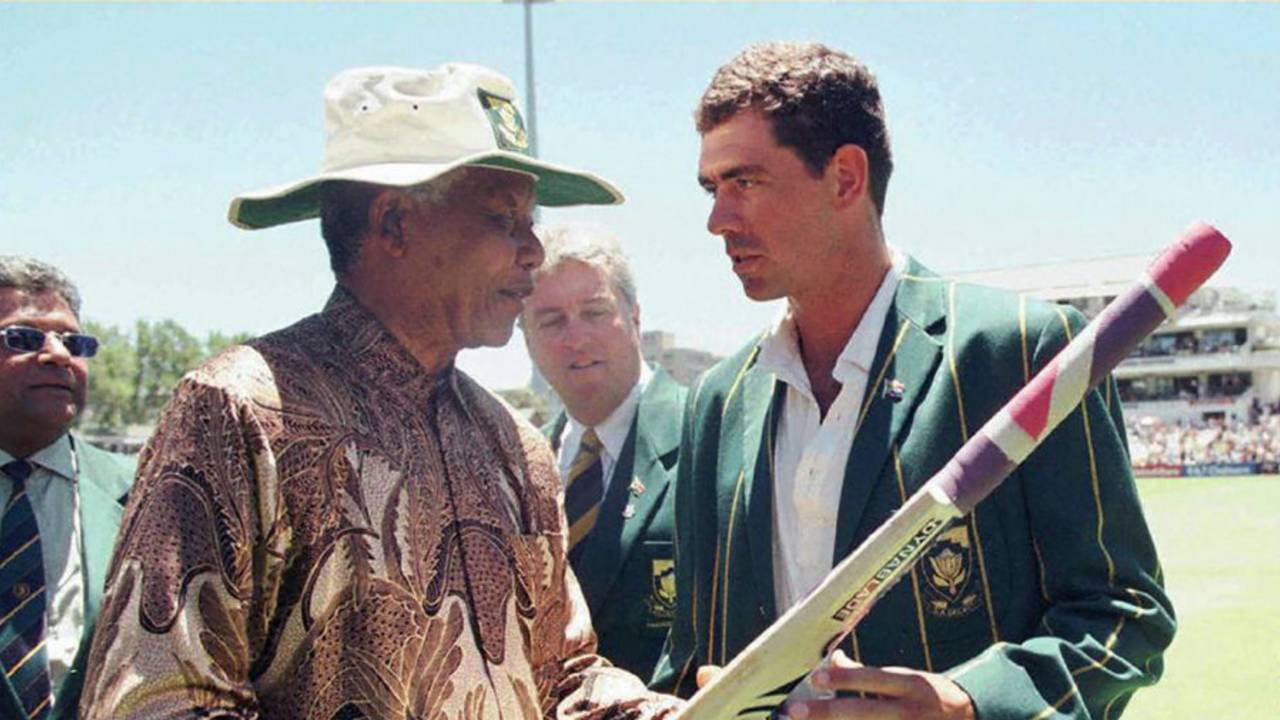Sport and politics, those two inseparable bedfellows, collide in Ashwin Desai's book <i>Reverse Sweep: A Story of South African Cricket Since Apartheid. </i> This is an uncomfortable read, especially if you regard sport as escapism. More important, this is a necessary read, especially if you want to understand the complexities of the South African game.
Desai, a sociologist by profession, digs up the dirt South Africa dumped in a shallow grave in the "giddy times" of Madiba magic, when sport was tasked as the great unifier. However, cricket (like rugby, athletics, golf, hockey, swimming, squash and badminton) was kept in the hands of an elite few, who deemed the majority of the country's population not ready to participate in those sports at a professional level.
The idea of ownership was well established in apartheid South Africa. The white population controlled access to the majority of the country's resources, on and off the field. We come upon startling statistics in the first chapter of Desai's book, which reveal that "whites had 73% of athletics tracks, 92% of golf courses, 83% of hockey fields, 84% of cricket pitches, 95% of squash courts, 80% of badminton courts, 83% of swimming baths and 82% of rugby fields".
Despite that, sports associations for people of colour existed, and tournaments were organised, often using sub-par facilities. At unity, that gap was not bridged and so the marginalisation of the majority continued.
<!--#cricinfo_insert
type: pullquote
quote: Desai makes a brutal attack on sports journalism, blaming it for presenting a white picture to the world instead of a nuanced and questioning perspective
caption:
-->

